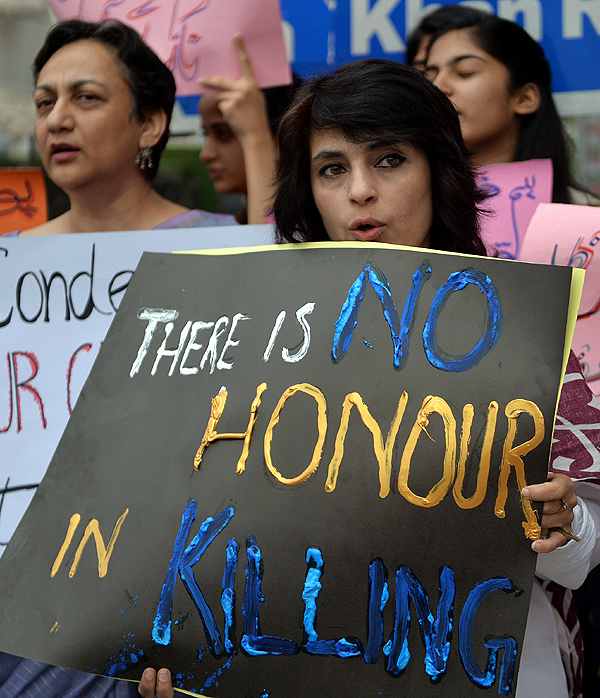WHO authorizes use of experimental drugs for Ebola
Wednesday, August 13th, 2014 10:31:40 by Maleeha Tareen
The Ethics Committee of the World Health Organization (WHO) approved on Tuesday the use of experimental treatments on the victims of the current Ebola outbreak in West Africa, although its effectiveness has not been proven. The recommendation has a clear cause: “The measures used in prevention of other outbreaks of infection, control and monitoring of cases are not working,” he said after the meeting Marie-Paule Kieny, Assistant Director of Health Systems WHO. The data speak for itself. From August 8 to 11, the number of people affected has increased from 1779 to 1848, already deceased 961-1013 (52). The spread of the disease ” is too big,” said Kieny. In this situation, favor an accelerated system to pass the trials, compassionate use of drugs that may arise for any stage of Ebola ” is not only unethical, it’s almost a moral imperative,” he added.
“In the particular circumstances of this outbreak and if certain conditions are met, the committee reached a consensus that it is ethical to offer interventions whose effectiveness is unproven and yet unknown side effects, as a potential treatment or prevention,” according to the statement released by WHO. The statement does not refer only to the experimental serum, but all the products that are being investigated, they are both to prevent infection (vaccines) as antiviral treatment that boost the immune system, as has been tried with religious Miguel Pajares and Americans cooperating.
They have underlined that the application of these treatments have to follow a series of ” ethical criteria “, among which includes “transparency” about the nature of medicine, informed consent, freedom of choice, confidentiality, respect the person, the preservation of dignity and community involvement.
Asserting that there has been ” promising results ” -in laboratory assays and animals of anti- Ebola in recent years, they have admitted that they ” have not yet been evaluated in terms of safety and efficacy in humans,” which is the first step to a standard marketing process. In addition, the committee incite that by providing any of these drugs, take advantage to collect all relevant scientific information.
The organization has gathered these days the opinions of bio-ethicists on the use of experimental drugs. A lively discussion after the administration of serum Zmapp to two Americans and the Spanish priest Miguel Pajares while no African patient has received. And that takes place after the WHO itself, through a spokesman last Tuesday advised against the use of any product “that has not gone through the normal process of medical tests and licenses.”
The WHO committee insists that priorities must be established ethical criteria for drug supply.
This may be one of the most controversial issues. Kieny has already admitted that the meeting had different views among experts. Were those who believed that health professionals, life caring for the sick is played, should have priority. But the family or community members who care for the sick could be benefited. These criteria will be established at a meeting later this month.
This meeting will also serve to establish a list of potential candidates for this accelerated use. However, the term “accelerated ” must be viewed with some perspective. WHO is not expected to have any in serviceable condition until the end of the year, let alone chelates is large-scale production. In fact, the company that makes the Zmapp has been delivered to Pajares has already indicated that it has run out of product. According to the Liberian media, the country will receive two treatments, but Kieny spoke of three.
Tags: Ebola, World Health OrganizationShort URL: https://www.newspakistan.pk/?p=47429

















